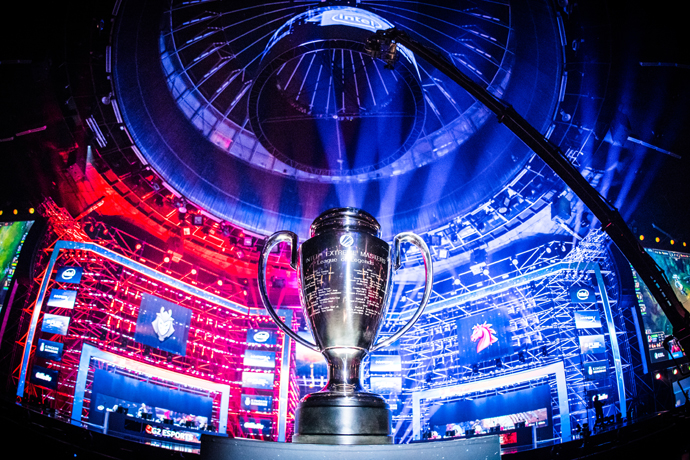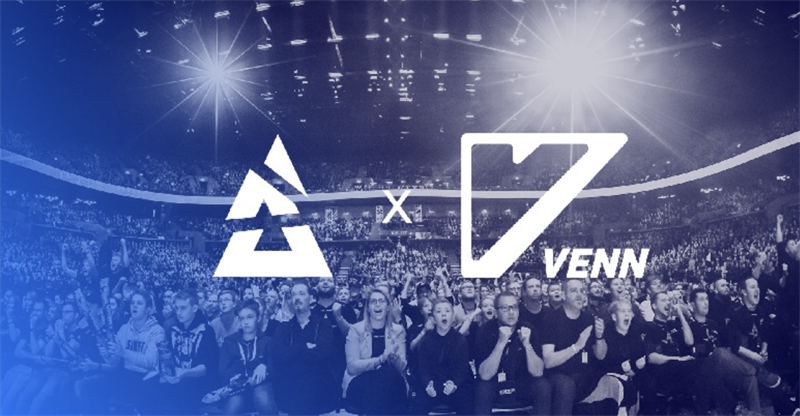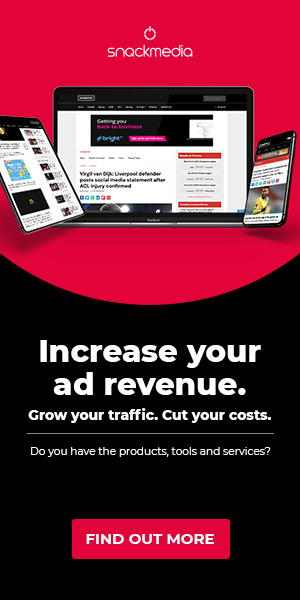Inside Esports: The Intel Extreme Masters at Katowice
Guest post from Joe Hills, Strategic Partnership Director at Infinite Esports & Entertainment & host of the Esports Roundtable podcast. You can see Joe in person at tomorrow night’s Esports Special event in London. Full details on http://bit.ly/2HM6f5E
As more take aim at stepping into the esports industry either as service providers, owners of teams, operators of leagues or as sponsors, the best piece of advice I can give is to attend one of the major events of any tier one esports title. There is no stronger form of validation for the potential of this entertainment eco-system than hearing the roars of the fully engaged crowds echoing in sold out arenas. Few events in the industry compare to IEM Katowice, a three week celebration of a plethora of competitive titles in the Polish city which expects an injection of over £10 million into the local economy annually from the event itself.
IEM Katowice is the tent pole event for the Intel Extreme Masters events series run by ESL since Intel’s entrance into the European market in 2007. The three week period hosts some of the most highly respective finals for Counter Strike Global Offensive (CSGO) and Starcraft 2 (SG2) in addition to a women’s only CSGO Invitational and the VR Challenger League Grand Finals: the culmination of the first year of VR esports competition. Whilst the metrics for this year are yet to come in, footfall for 2017 stood at 173,000 packed into Spodek Arena while 46 million unique fans tuned in online: the most watched broadcast in ESL History.
The long standing event in a relatively obscure Polish industrial city is truly unique in esports as the city is fully invested in its identity as a global gaming capital (SEE CITY LOGO). In an aim to make the city as attractive as possible, local authoritiess license Spodek to ESL for free as IEM Katowice is one of, if not the biggest periods of commercial activity for the city. Whilst a similar arrangement in more active commercial centres such as London, New York, Berlin and LA is less likely, this simple collaboration demonstrates the socio-economic potential that esports events have to galvanise a local market.
For new attendees, you’d be surprised to see such a young and tech engaged audience so completely captivated. As I gazed around the stadium in the lead up to the Final between Fnatic and FaZe Clan; not a single face was lit up by a phone screen. With some games running over three hours including overtimes for close maps (the final was four hours+), this level of focus by a young crowd is pretty staggering to behold. Combining that with the six+ hours per day leading up to the final and that fact is even more impressive. For brands, this is music to their ears.
By extension, the atmosphere of events such as Katowice is really unique to the industry: the closest comparison of electricity in the air I’ve felt was at the Joshua vs Klitschko last year. The hype per event is even more remarkable when you consider how oversaturated the CSGO calendar is.
CSGO’s Publisher Valve (the owner of Steam: the most popular digital distribution platform for PC gaming with over 150 million registered accounts and peaks of 18.5 million concurrents online) has taken a hands off approach to managing it’s esports eco-system. Unlike Riot and Blizzard’s more closed and top down structures, Valve maintains a loose structure of Major tournaments which all organisers can pitch for: most notably FACEIT, a UK based esports platform, won the rights for a Major event in Wembley later this year. The resulting open market for running events in CSGO and also DOTA 2, results in a hefty travel schedule for CSGO players with a recent approximation of 240-250 days of travel per year – only comparable to international cricket teams the world over. Ultimately this leads to the top tier teams in CSGO playing each other almost daily in online, private practices known as scrims and at least monthly in a variety of on / offline events such as ESL’s ESEA, ESL Pro League, Gfinity’s Elite Series and more.
Even while Katowice and the IEM series don’t classify as majors and despite the insane calendar for CSGO competition globally, the intensity of fandom and engagement in the events never really wavers: another massive testament to the potential of the industry. If any of these stories or rumblings of the industry have peaked your interest: feel free to reach out and I’ll be happy to recommend any events in your local area where you can experience a taste of the buzz around the fastest growing sport in the world.
You can connect with Joe at tomorrow evening’s Digital Sport London event at Pinsent Masons nr Liverpool Street. You can either buy your tickets below or find further details here.
About author
You might also like
F1 Esports Comes to EA Games in Mobile Racing Game With Huge Prizes Up for Grabs
First F1® Esports tournament comes to Real Racing 3 game this August Exclusive prizes up for grabs, including the chance to attend a Grand Prix™ Update will also see new F1® 2021
Venn & Blast Team Up To Fuel Esports Expansion
New Strategic Partnership and Multi-Faceted Relationship Spans Esports Programming & Event Production First Collaboration To Debut at BLAST Premier Global Final on January 24, 2021 VENN, the global media network
Espo offers exclusive pre-launch access and announces new partnerships with BBG, Team BDS and BOOM Esport
Espo, the fan engagement platform that rewards collaboration between world-class esports teams, players, fans and sponsors, has expanded its roster of team partners with the addition of 3 international organizations:








